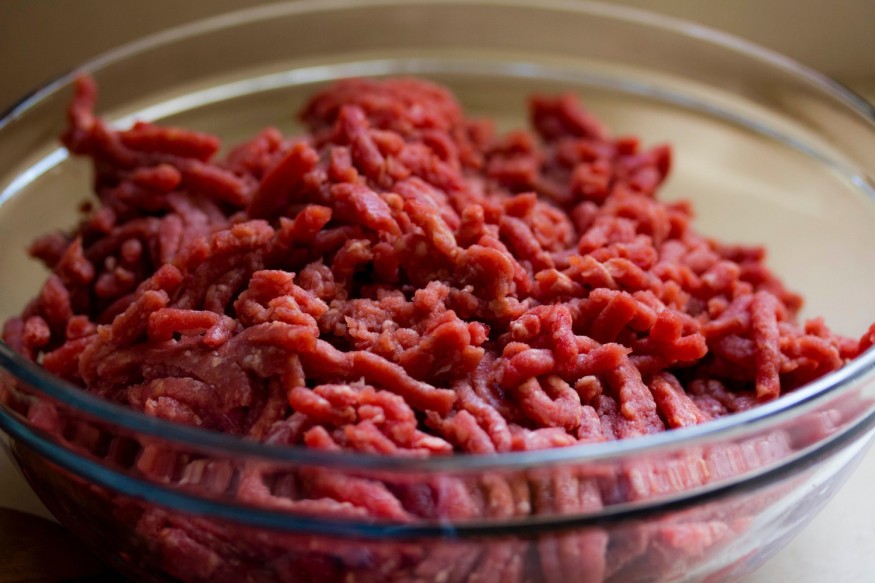After one business received approval from a crucial regulator, executives at cultured meat companies are hopeful that meat produced in enormous steel vats might be available in a matter of months.
Some have shown their trust by hiring famous chefs to display the meats in their upscale restaurants, such as the Argentine Francis Mallmann and the Spaniard José Andrés.

However, five CEOs told Reuters that there are significant barriers to how cultured meat reaches its final goal: store shelves. To improve output and lower the cost of their beef steaks and chicken breasts, businesses must seek additional capital. Along the way, they will have to overcome consumer resistance to ever trying lab-grown meat.
Testing Samples
A tiny sample of cells taken from cattle is used to create the meat in bioreactors, where they are given nutrients and allowed to develop until they resemble real meat in appearance and flavor.
The product has only so far been authorized for retail sale in one nation, Singapore. However, the US is ready to follow. In November, the US Food and Drug Administration (FDA) declared that a chicken breast produced by UPSIDE Foods in California was suitable for human consumption.
According to UPSIDE officials speaking to Reuters, the company plans to introduce its product to restaurants as early as 2023 and grocery stores by 2028.
The Food Safety and Inspection Service of the US Department of Agriculture still has to check out UPSIDE and give the agency its approval for the company's labeling. A spokesman for the USDA FSIS refused to comment on the inspection schedule.
Visiting the Plant
During a recent Reuters visit to UPSIDE's plant in Emeryville, California, staff was shown pouring over touch screens and keeping an eye on enormous vats of water mixed with nutrients. The "slaughterless home," as chief executive Uma Valeti refers to it, is where the meat is gathered, prepared, and tested.
During the visit, Reuters journalists were given a taste of UPSIDE's chicken. When cooked, it tasted just like regular chicken, but when it was raw, it was thinner and had a more consistent tan color.
Before getting FDA approval in November, UPSIDE worked with the government for four years, Valeti told Reuters.
It's a turning point for the sector, he added.
The FDA has already accepted an application from California-based GOOD Meat, which has yet to be publicized. According to corporate officials who spoke to Reuters, two further businesses, Believer Meats in Israel and Mosa Meat in the Netherlands claimed they are in talks with the agency.
The FDA refused to provide information on applications for cultured meat in progress but acknowledged that it is in contact with many businesses.
Executives from UPSIDE, Mosa Meat, Believer Meats, and GOOD Meat told Reuters that obtaining regulatory permission is just the first barrier to making produced meat available to a wide range of customers.
According to CEOs, the largest problem businesses face is expanding the fledgling supply chain for the nutritional mix needed to feed cells and the massive bioreactors needed to generate vast amounts of cultured meat.
Serving the Market
Production is still limited. The North American Meat Institute, a lobbying organization for the meat industry, estimates that the United States will produce 106 billion pounds of conventional meat and poultry in 2021. UPSIDE's facility has the potential to produce 400,000 pounds of cultured meat annually.
According to Josh Tetrick, co-founder of GOOD Meat, if the businesses cannot raise the money required to scale up manufacturing, their product may need to be more affordable to compete with traditional meat.
Selling differs from selling a lot, according to Tetrick. "This is going to be relatively tiny scale until we as a firm and other companies construct large-scale infrastructure."
Related Article : Plant Based Meat Alternatives Can Dent Conventional Meat Market by 2025
For more news update about alternative lifestyle and the environment, don't forget to follow Nature World News
© 2025 NatureWorldNews.com All rights reserved. Do not reproduce without permission.





